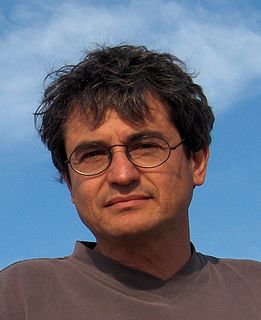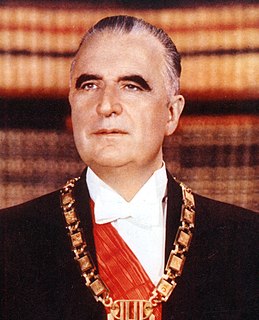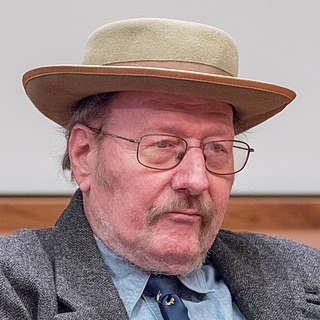A Quote by Charles Bukowski
there is a loneliness in this world so great that you can see it in the slow movement of the hands of a clock
Quote Topics
Related Quotes
But even so, every now and then I would feel a violent stab of loneliness. The very water I drink, the very air I breathe, would feel like long, sharp needles. The pages of a book in my hands would take on the threatening metallic gleam of razor blades. I could hear the roots of loneliness creeping through me when the world was hushed at four o'clock in the morning.
If any influential nation had the great spiritual strength to lay down its arms and appear with clean hands before the world, the world would be changed. I see no evidence that any influential nations has such great spiritual strength and courage. Therefore disarmament will be a slow process, motivated by the wish to survive.
The person who observes a clock, sees in it not only the pendulum swinging to and fro, and the dial-plate, and the hands moving, for a child can see all this; but he sees also the parts of the clock, and in what connexion the suspended weight stands to the wheel-work, and the pendulum to the moving hands.
In less than a century we experienced great movement. The youth movement! The labor movement! The civil rights movement! The peace movement! The solidarity movement! The women's movement! The disability movement! The disarmament movement! The gay rights movement! The environmental movement! Movement! Transformation! Is there any reason to believe we are done?
Out of the Slow Food movement has grown something called the Slow Cities movement, which has started in Italy but has spread right across Europe and beyond. And in this, towns begin to rethink how they organize the urban landscape so that people are encouraged to slow down and smell the roses and connect with one another.
We never really see time. We see only clocks. If you say this object moves, what you really mean is that this object is here when the hand of your clock is here, and so on. We say we measure time with clocks, but we see only the hands of the clocks, not time itself. And the hands of a clock are a physical variable like any other. So in a sense we cheat because what we really observe are physical variables as a function of other physical variables, but we represent that as if everything is evolving in time.
The everyday cares and duties, which men call drudgery, are the weights and counterpoises of the clock of time, giving its pendulum a true vibration and its hands a regular motion; and when they cease to hang upon its wheels, the pendulum no longer swings, the hands no longer move the clock stands still.
To live a spiritual life we must first find the courage to enter into the desert of our loneliness and to change it by gentle and persistent efforts into a garden of solitude. The movement from loneliness to solitude, however, is the beginning of any spiritual life because it it is the movement from the restless senses to the restful spirit,l from the outward-reaching cravings to the inward-reaching search, from the fearful clinging to the fearless play.







































